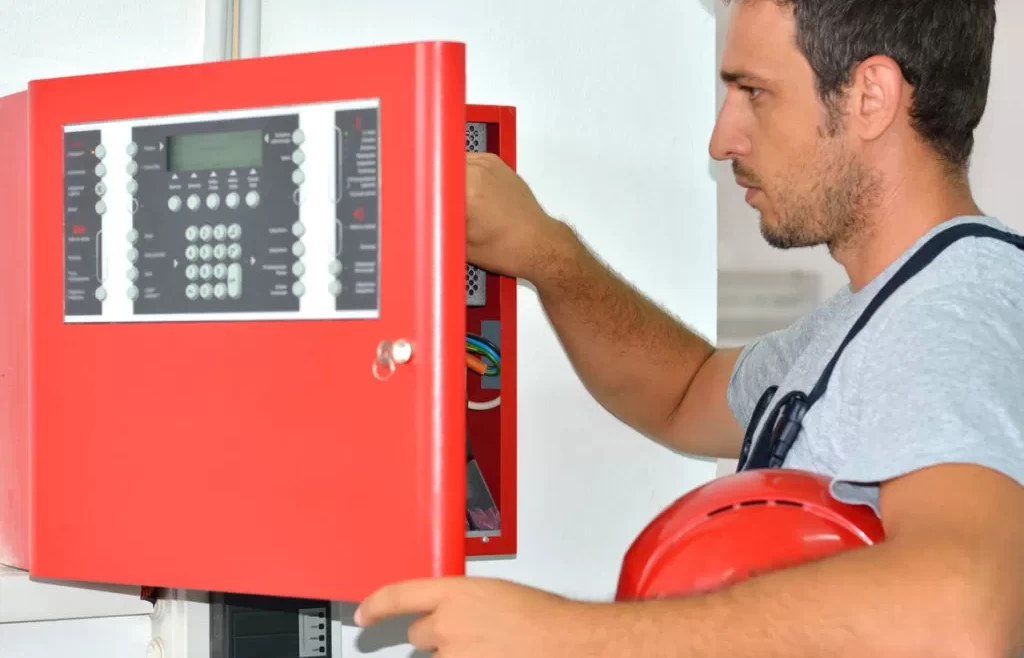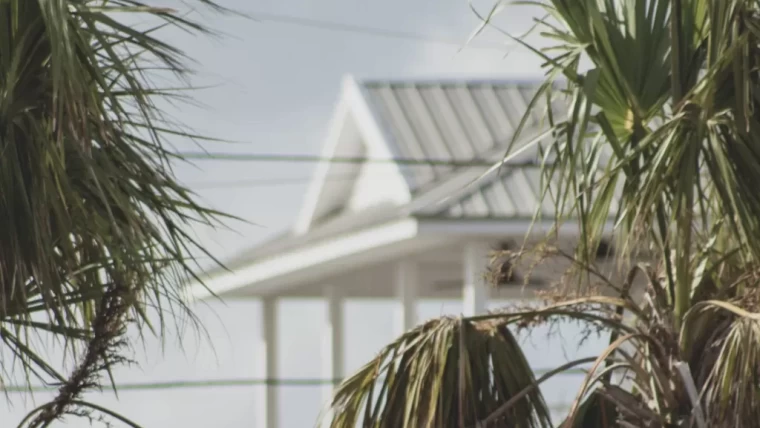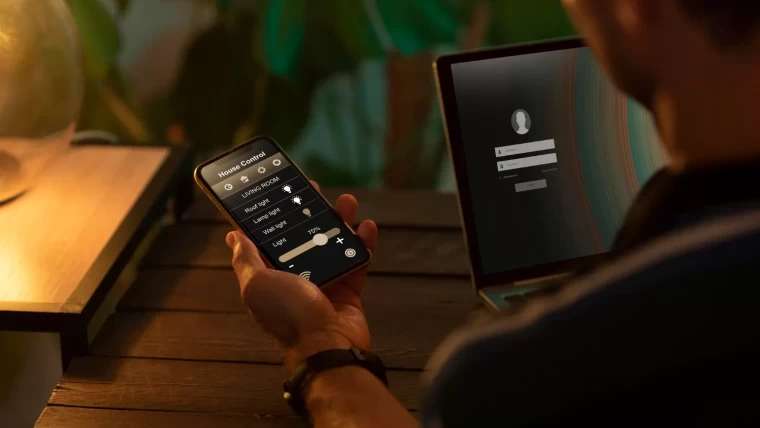Following Florida Fire Code is incredibly important when you are a business owner as well as a homeowner. Fire codes in general are put in place by the National Fire Protection Agency to ensure that properties function as safe as possible when a potential fire arises. But when you are negligible to the fire code of your state, serious penalties can arise.
Not many people or businesses want to go rummaging through the handbook which is why we thought we would summarize what the fire code is and how you can best approach your building’s safety in Florida.
Let’s get into it.
What is the Florida Fire Code?

The Florida Fire Prevention Code is commonly referred to as the FFPC. While we will get into the actual code itself it is important to know that in Florida each government and local fire chief will enforce county to county. Every three years the fire code will be updated or reissued to ensure that it stays up-to-date and meets the needs of safety in today’s times.
Everyone should also be aware that there are local amendments to each community. This means that there may be some things that do or don’t apply depending on where you live. Since some cities are denser than others they may require additional safety measures because of how close the buildings are etc.
Florida Fire Code Requirements
The most recent release of the Florida Fire Code is the 2020 edition. While we can’t gove over all the codes (because it’s a whole book you need to purchase) we can discuss some of the main Florida requirements that a house or business should be aware of.
- The first is possibly the most obvious. Fire alarm systems should be installed by the fire code requirements as well as maintained and assured to be operational.
- The property should not modify or try to make changes to its system. It needs to be set up as the product intends.
- Automatic sprinklers among other safety precautions are to be installed in acceptance with the Florida Fire code.
- Other fire extinguisher systems must be in place and functional in case of a fire.
- Smoke detectors must be a part of your fire alarm system and need to be installed, maintained, and operated in compliance with the Florida Fire Code.
- A building must have proper fire safety doors and unblocked exits with a clear pathway to safety for patrons to use.
These are some of your basic rules like having a functional system to respond to the early stages of a fire and the possibility of putting one out or managing it before fire authorities can arrive on the scene.
What are the most common violations?
When it comes to getting fined and violations these are the most common ones according to AIE fire.
- Improper use of extension cords
- Non-functioning Exit/Fire Safety Signs
- Wrongful storage in riser rooms and fire pump
- Blocked exterior fire department valves and connections
- Non-functional sprinkler system
- No fire extinguishers
- Non-functioning smoke detectors
- Non-functioning fire alarm systems
- Items too close to or hanging off of sprinklers
- Having incomplete or wrong records
Florida Fire Code Penalty
So when something does go wrong who says so and what does that mean? The fire chief and fire authorities in your country are who regulate and inspect your system from time to time. They are commonly referred to as The Inspections Section. Note that while we mentioned quite a lot up for the general rules of thumb with the Florida Fire Code, there are over 200 regulations to comply with. And when it comes to state owned-buildings, more than 14,000 annual inspections happen.
When it comes to violating a fire code, normally a business will be given a chance to correct it if they don’t have a record of mishaps. Many are treated as misdemeanors and can result in fines while others are not as forgivable. In some cases, violations that go not fixed can be punishable by up to $500.00 and 60 days in jail. The punishment will fall both on the business and the owner.
Florida Fire Code FAQS
Fire Florida Code is not easy and buying the handbook to understand the 200+ regulations is important to keeping your business or building safe. Having said that a few questions always come up which is why we will leave this section to the most frequently asked questions.
How do I prepare for a fire inspection?
Going over your handbook can seem like a daunting task. That’s why online there are several fire inspection checklists you can look up and use to make sure you have the necessary things covered and in place. It’s important to know that these lists won’t address everything but will likely take care of the more common violations that happen.
You can always ask the fire inspector as well about any issues you may have concerns with. They are there to help make your building safer and they can be a great ally or tool to try and use.
What’s the difference between a fire code and a standard?
The fire code will tell you what the regulation is that you need to follow. It will explain situations that violate this code. But a standard will tell you the specific information on how to meet that and ensure you are by that specific fire code.
Are the NFPA codes the same as the Florida Fire Codes?
The NFPA is an organization that has its codes and regulations. These are not mandatory as they are not nucellar the same pens that your county or state will use. The NFPA works together with state and federal legislation to ensure that everyone has codes that accurately reflect their safety needs. They are not however the enforcer of the state and counties’ fire codes.



